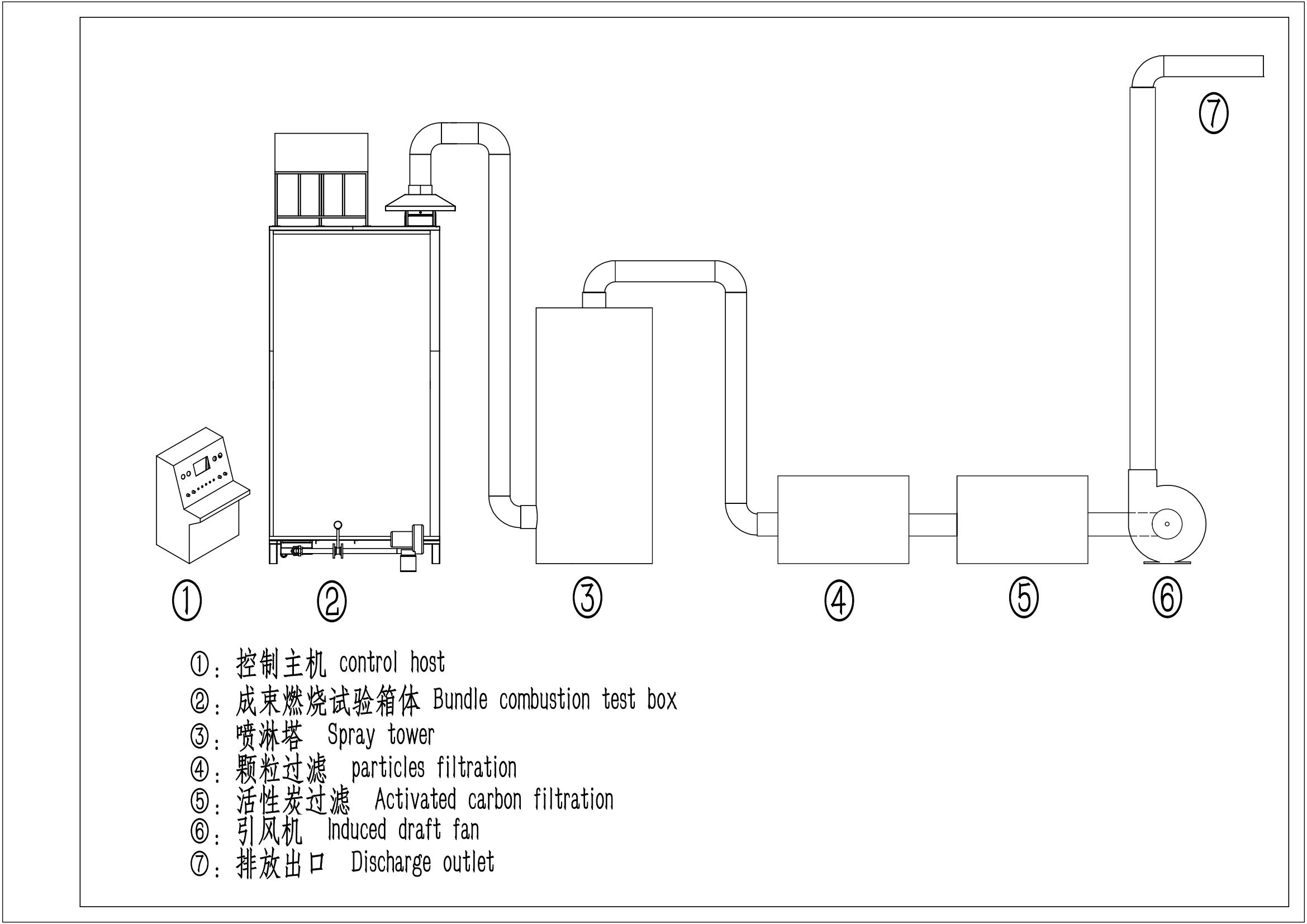tensile testing machine
Tensile Testing Machines An Overview
Tensile testing machines play a crucial role in material science and engineering, providing essential data on the mechanical properties of materials. These machines are designed to evaluate the tensile strength, ductility, elasticity, and overall behavior of materials when subjected to uniaxial tensile stress. This article explores the significance, operation, and applications of tensile testing machines.
Tensile testing is fundamental for understanding how materials react under tension. When materials are stretched, they exhibit specific behaviors that can be quantified. These behaviors include elastic deformation, yielding, and ultimate failure, which are critical in applications spanning from aerospace components to construction materials. By using a tensile testing machine, engineers can obtain a stress-strain curve that highlights these characteristics, allowing them to determine vital properties such as yield strength, tensile strength, and elongation at break.
The operation of a tensile testing machine is relatively straightforward. The sample material, which can be in the form of a metal, polymer, or composite, is placed between two grips. As the machine applies a controlled tension, it measures the force exerted and the corresponding elongation of the material. Modern tensile testing machines are equipped with advanced sensors and software that provide real-time data and facilitate precise measurements. This technology not only enhances accuracy but also streamlines the testing process, making it more efficient.
tensile testing machine

The results obtained from tensile tests are critical for various industries. In the automotive field, for instance, the strength and ductility of materials are paramount for safety and performance. Engineers rely on tensile testing data to select appropriate materials that can withstand operational stresses without failing. Similarly, in the construction industry, understanding the tensile properties of materials such as steel and concrete is essential for designing safe structures. Furthermore, the aerospace sector also heavily depends on tensile testing to ensure that materials meet stringent safety and performance standards.
In research and development, tensile testing machines contribute to the innovation of new materials. Researchers use these machines to explore the effects of different manufacturing processes, such as forging or extrusion, on the mechanical properties of materials. This information is invaluable for developing advanced materials that can meet the demands of modern engineering challenges.
In conclusion, tensile testing machines are indispensable tools in material testing and analysis. Their ability to provide critical information on the mechanical properties of materials makes them essential in various industries, from aerospace to construction. As material science continues to evolve, the role of tensile testing machines will remain vital in ensuring the safety and performance of engineered products. The ongoing advancements in testing technology promise to further enhance the accuracy and efficiency of tensile testing, ultimately leading to innovations in material development.
-
Why the Conductor Resistance Constant Temperature Measurement Machine Redefines Precision
NewsJun.20,2025
-
Reliable Testing Starts Here: Why the High Insulation Resistance Measuring Instrument Is a Must-Have
NewsJun.20,2025
-
Flexible Cable Flexing Test Equipment: The Precision Standard for Cable Durability and Performance Testing
NewsJun.20,2025
-
Digital Measurement Projector: Precision Visualization for Modern Manufacturing
NewsJun.20,2025
-
Computer Control Electronic Tensile Tester: Precision and Power for the Modern Metal Industry
NewsJun.20,2025
-
Cable Spark Tester: Your Ultimate Insulation Assurance for Wire and Cable Testing
NewsJun.20,2025
 Copyright © 2025 Hebei Fangyuan Instrument & Equipment Co.,Ltd. All Rights Reserved. Sitemap | Privacy Policy
Copyright © 2025 Hebei Fangyuan Instrument & Equipment Co.,Ltd. All Rights Reserved. Sitemap | Privacy Policy
